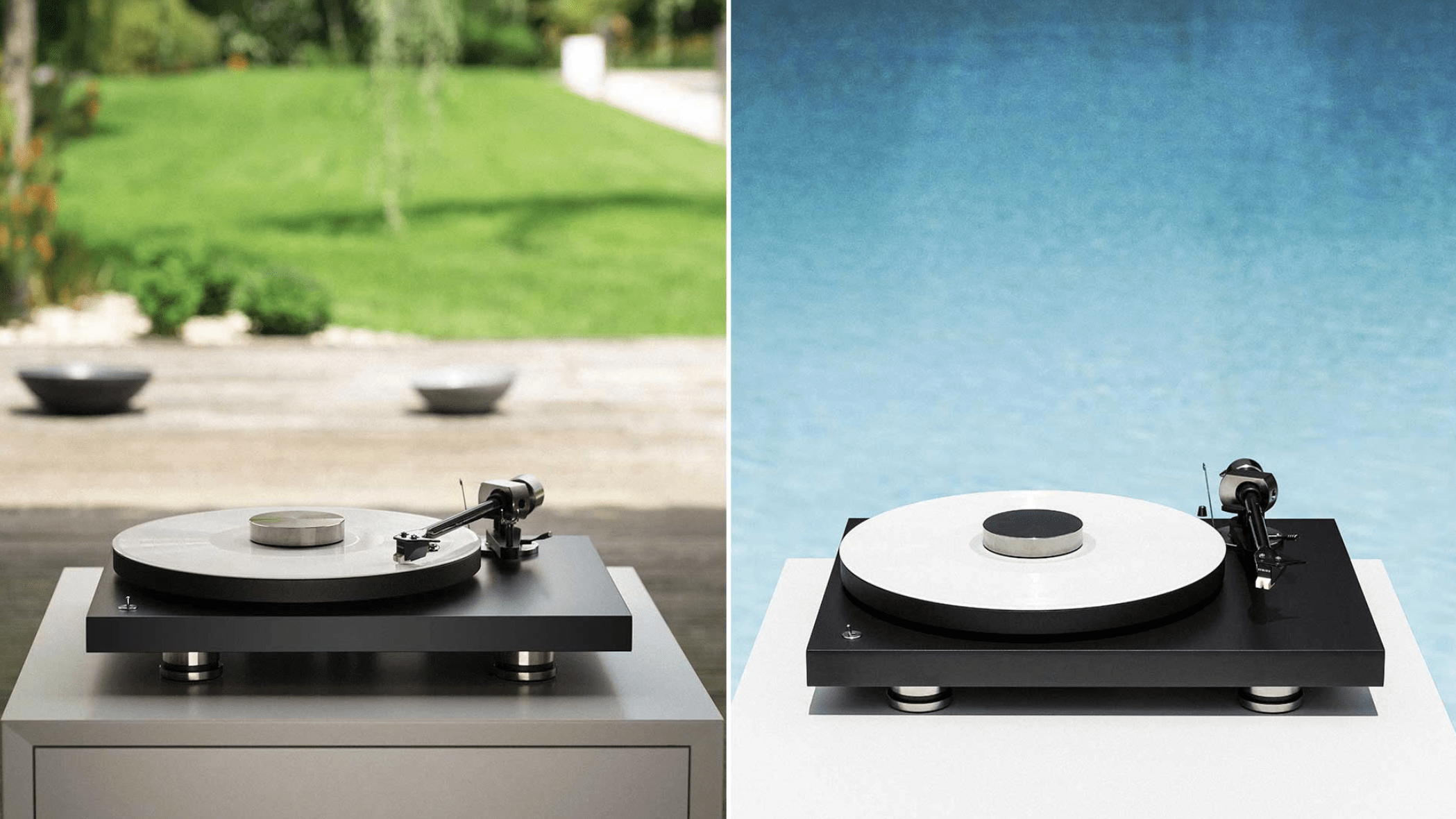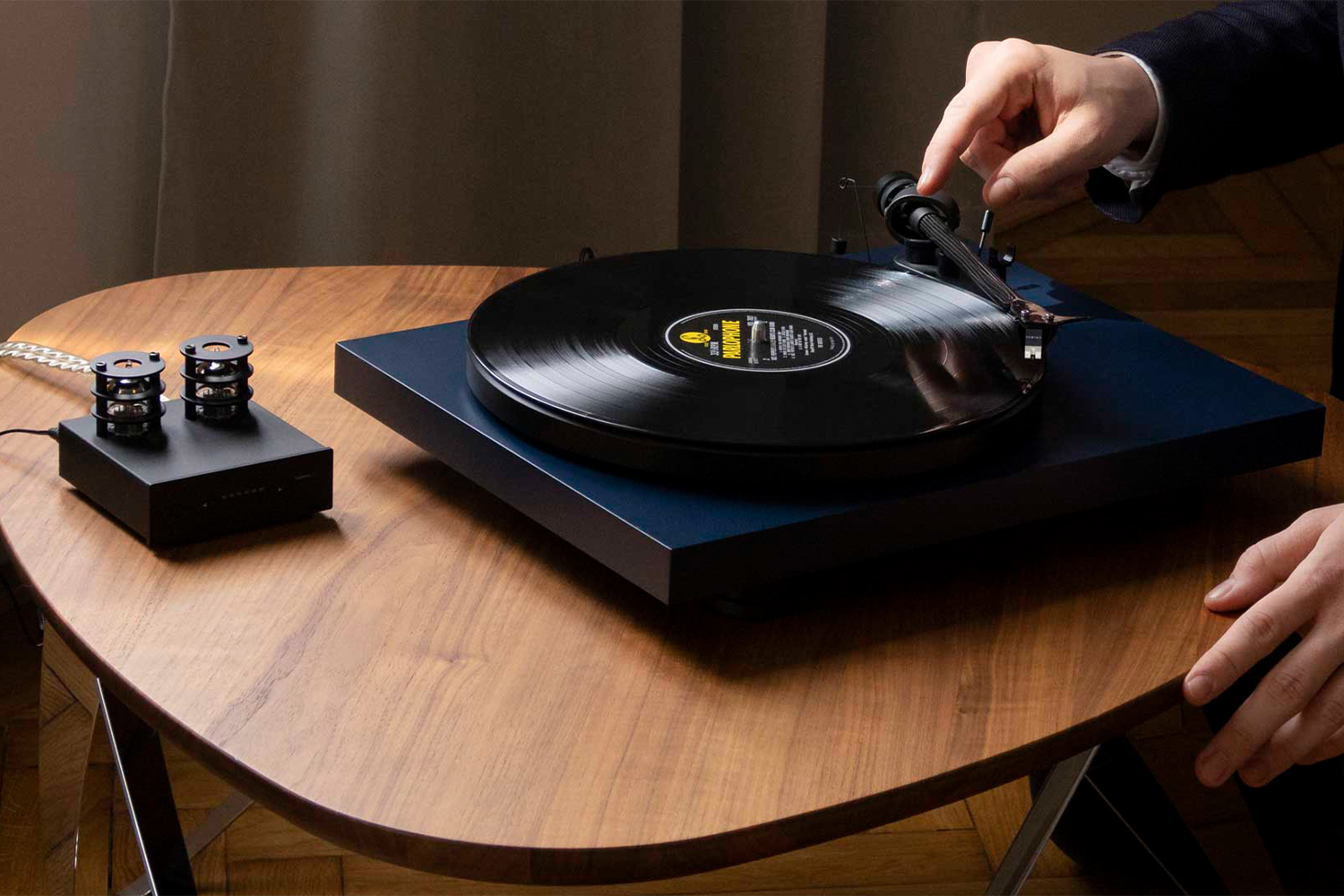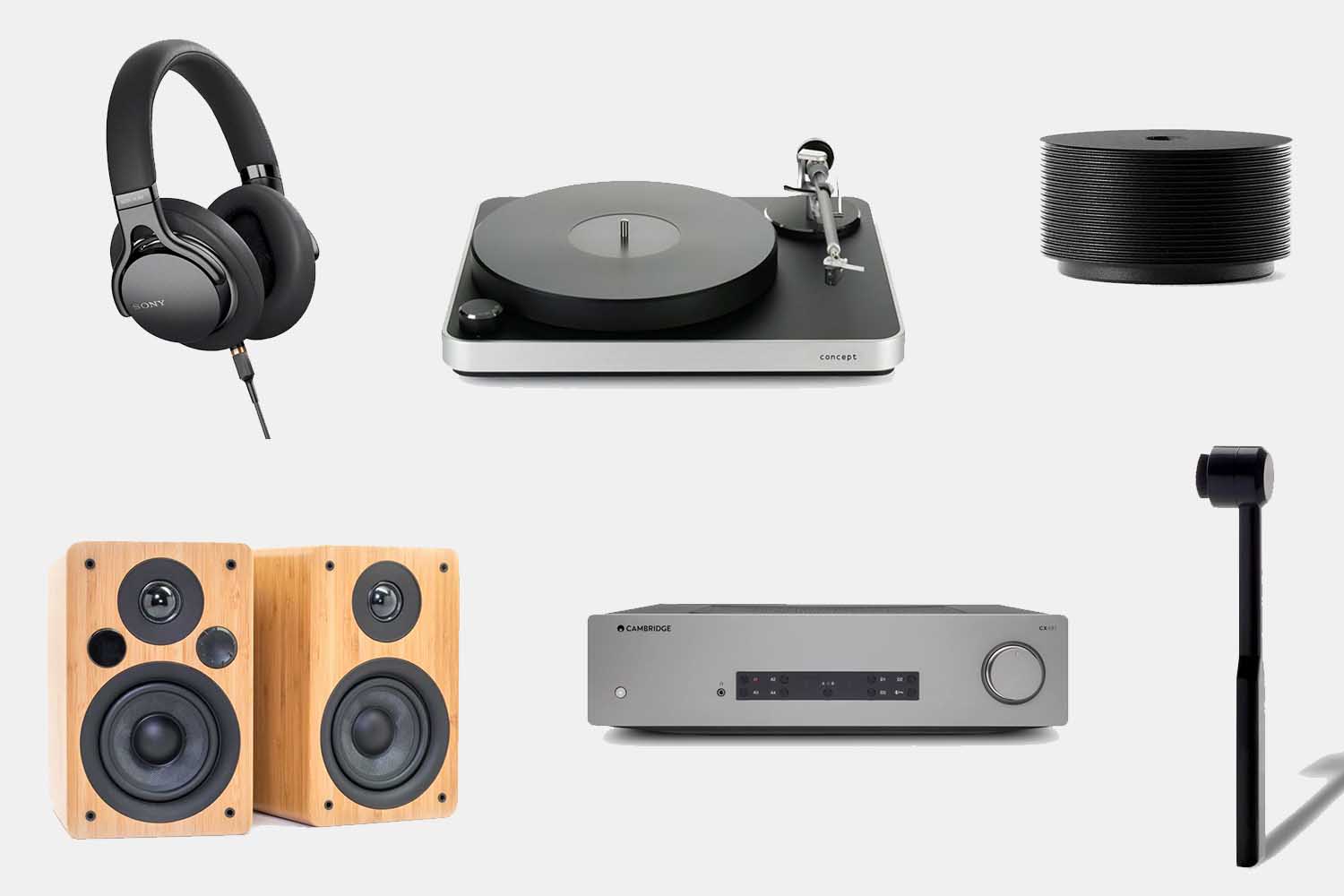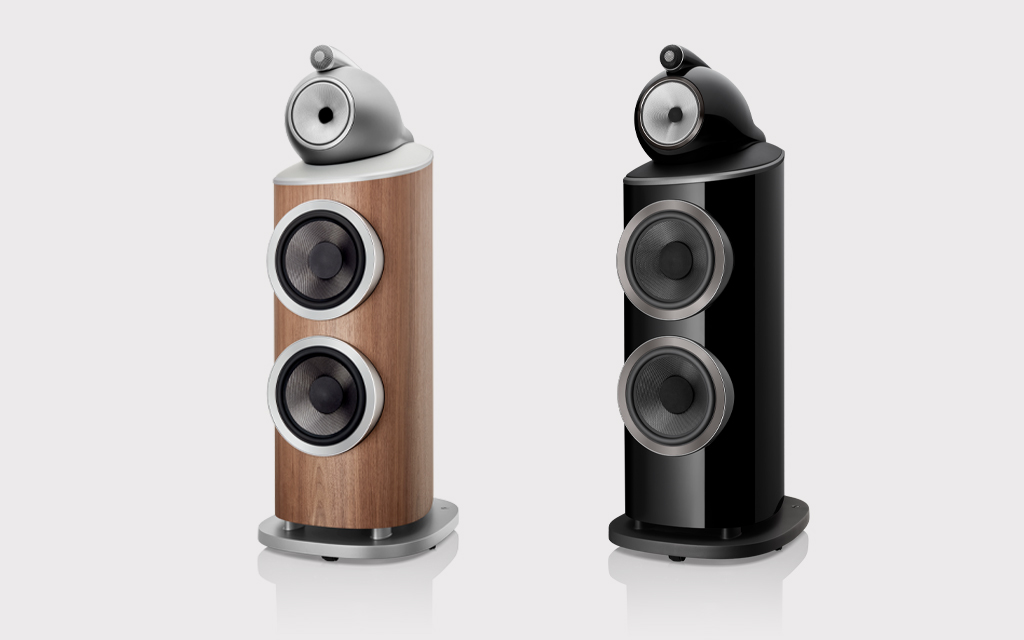Nota bene: All products in this article are independently selected and vetted by InsideHook editors. If you buy something, we may earn an affiliate commission.
What is this thing?
It’s the Pro-Ject Audio Debut Pro, a brand new audiophile-grade addition to the immensely popular Debut line, the base model of which got a significant upgrade in 2020 when the Debut Carbon DC was replaced by the Debut Carbon EVO. The PRO is priced at $999, and it’s hitting shelves right now in celebration of the Austrian brand’s 30th anniversary.
Why does it matter?
As we stated in our review of the Carbon EVO last year, this is the most popular series of turntables on the planet for people who are looking to get into high-end analog audio. The EVO was an impressive step up from its predecessors, as it offered a handful of new features meant to cut down on unwanted resonance, along with a nice variety of available color options and, for its stock cartridge, an upgrade to the very good Sumiko Rainier. That turntable sells for $599 (up from $499 when it launched), a $100 premium on the $399 Debut CarbonDC that came before it.
The Debut PRO will set you back an additional $400 on top of the EVO, putting it in an interesting place in the market. It’s still part of the Debut series, which is known for its entry-level audiophile turntables, but its $1,000 price tag has it butting up against a whole other tier of products geared toward more serious hobbyists.
The question, then, is whether it offers enough in the way of upgrades to justify shelling out nearly twice what you’d have to pay for the outrageously good EVO — and whether, if you’re prepared to spend $1,000, you’d be better off with something else. So let’s discuss.
What are the differences between the Debut Carbon EVO and the Debut PRO?
- The most significant difference between the EVO and the PRO is the PRO’s brand new tonearm, which consists of an aluminum inner tube which is then wrapped in carbon fiber just like the one on the EVO. Also worth noting with regard to the tonearm, you get a heavy-duty steel counterweight that helps ensure proper tracking force for more consistent playback. It’s also the first time a turntable in the Debut series offers an adjustable vertical tracking angle, ultimately making it so that the PRO can support practically any cartridge on the market. It’s the same tonearm system that’s included on the brand’s X1 and X2 turntables, which cost $1,099 and $1,499, respectively.

- The Debut PRO’s platter is also a significant upgrade over the EVO’s, weighing it at a whopping four pounds, constructed of a single piece of aluminum and featuring a TPE ring and a new ridged design to help with resonance control.
- The PRO also features a less playful and all-around sexier appearance than than the — let’s be honest — already plenty sexy EVO. The PRO is only available in a satin black finish, which contrasts beautifully with the stainless steel touches, from the adjustable feet to the aforementioned tonearm and accompanying mechanism. The PRO also gets a stainless steel top-mounted speed adjustment switch, a nice upgrade from the EVO’s bottom-mounted plastic one.
What do we like about the Debut Carbon PRO?
- As with its younger sibling the EVO, setting up the PRO could not be easier. The illustrated instructions make following along a breeze, even if it’s your first turntable of this caliber.
- As mentioned above, it really is a looker. And while this probably shouldn’t be a determining factor when choosing how to spend $1,000, it certainly doesn’t hurt. The contrast of the satin black finish with the handful of shiny silver parts gives it a nice industrial look that we appreciate.
- The included cables, Pro-Ject’s own Connect-E line, are of very high quality.
- Now, it is obviously very silly to include this fourth on the list of things we like about the Debut Carbon PRO, right behind mention of the connector cables it ships with, but it sounds very good. Good enough for probably 95 percent of people who would ever consider investing any amount of money in listening to vinyl. I’ve been using the EVO almost daily for over a year now, and after switching to the PRO and auditioning some of my favorite records, I can say without hesitation that it sounds better — more detailed, cleaner and with less unwanted noise. I haven’t noticed anything different in terms of frequency response (tighter bass, more sparkling highs, etc.), but there’s a generally heightened sense of presence that comes through on the PRO.
What don’t we like?
- The only thing we don’t like about the Debut PRO is something we actually like very much and said as much when we reviewed the EVO last year. The PRO comes with the very same Sumiko Rainier cartridge, and while we have exactly zero complaints about it, it’s definitely a bit disappointing — at first, anyway — that the $400 premium doesn’t get you an upgrade in that department.
Should you buy it?
This is admittedly a tricky one for us. If you’re currently using something like the Debut Carbon EVO (or the Rega Planar 1 or 2 or any of the other high-quality turntables in the $500-600 price range), it’s tough to recommend an upgrade to the PRO. We’d probably argue instead that you’d be better off taking advantage of the EVO’s excellent potential upgrade path: get yourself a new cartridge or, better yet, take that $400 and spend it on better amplification. The Pro-Ject Phono Box Ultra 500, for instance, has been a huge eye-opener for me.
But if you’re coming from one of the lower-end tables or you’re just getting into the hobby and you know it’s something you’re going to stick with, the Debut PRO is, even at $1,000, a great value proposition. It affords you the same great upgrade path as the EVO should you find that you’re interested in tinkering, but the stock setup and performance out of the box is sure to impress even the most discerning ears.
We've put in the work researching, reviewing and rounding up all the shirts, jackets, shoes and accessories you'll need this season, whether it's for yourself or for gifting purposes. Sign up here for weekly style inspo direct to your inbox.























